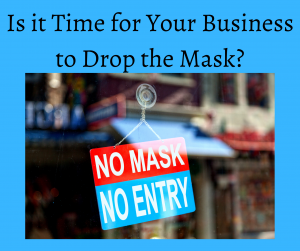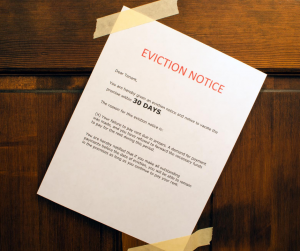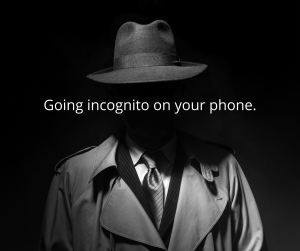After a year of employee and customer mask requirements being a no-brainer for small businesses, the CDC’s recent change in guidance that those who have become fully vaccinated against COVID-19 need not wear masks in many public settings has required business owners to put on their thinking caps again with regard to this issue, for the first time in more than a year.
Major retailers like Costco, Kroger, Walmart, Target, Walgreens and CVS have revised their guidance to match that of the CDC, although individual store locations in more highly populated areas like Chicagoland have not necessarily followed suit.
 Chicago Business Attorney Blog
Chicago Business Attorney Blog











